Latin America

The growing adoption of digital assets and the early stages of regulation in Latin America (LatAm) present a unique opportunity to engage with local policymakers and advocate for a pro-innovation approach that balances consumer protection and economic growth. Brazil, in particular, is a focal point for our activities in the region. We actively monitor regulatory, political, and sector developments and support our members' business objectives by participating in public consultations launched by the Central Bank of Brazil to provide valuable insights that inform forthcoming legislative rulebooks. The nascent regulatory environment in Latin America offers significant potential for shaping policies that promote the sustainable growth of the digital asset industry.
Through our focused efforts in these key markets and as the crypto regulatory landscape continues to evolve, our proactive engagement and strategic advocacy ensure that our members are well-positioned to navigate and influence these changes.
Regulatory and Political
Developments in LATAM
Brazil is actively shaping a regulatory framework for cryptoassets to balance innovation with financial stability. The country aims to leverage crypto for financial inclusion and economic growth while mitigating risks like money laundering and fraud.



Brazil’s regulatory approach aims to foster innovation and protect consumers. The dual oversight model addresses the diverse nature of cryptoassets. By integrating crypto into the financial system, Brazil seeks to drive economic growth and improve financial inclusion. Many of the rules that will apply to the sector are still under consideration, and the timelines for implementation are still not certain. Engagement with the relevant authorities will be increasingly important for the industry.
Our Team in LATAM




